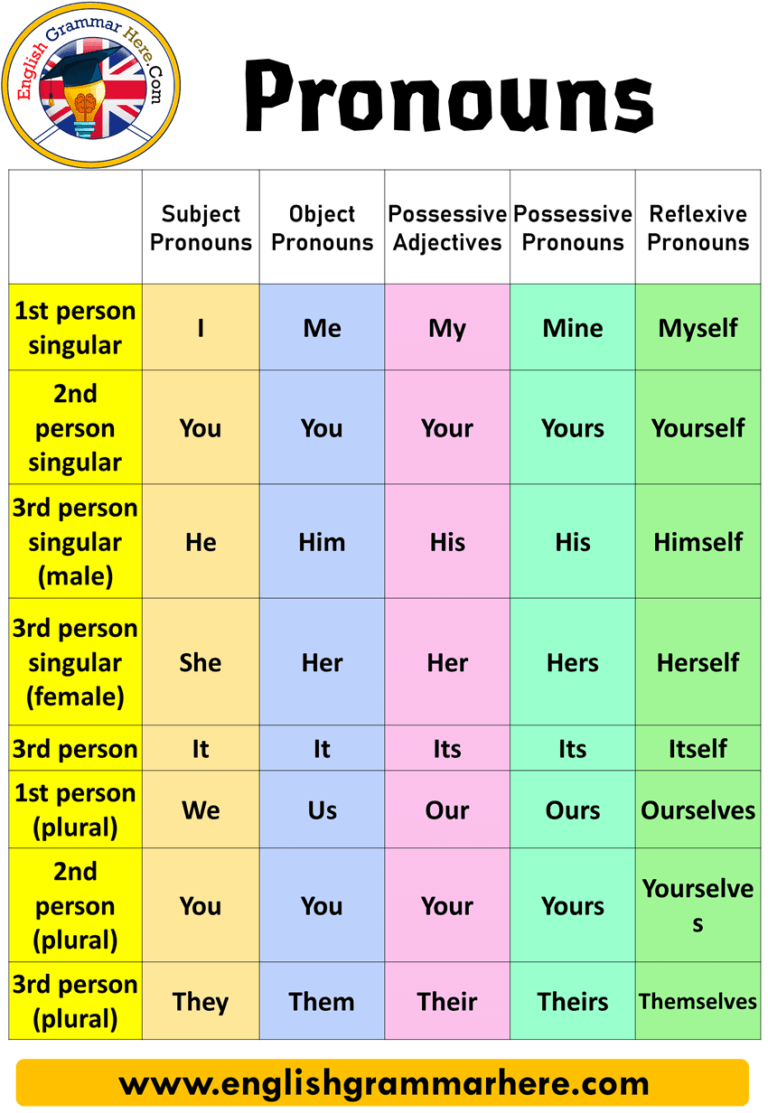

Gender neutral pronouns are also useful if someone doesn’t know the gender of the person they are speaking about (“The pizza delivery person is at the door, give them a good tip!”). However, gender neutral pronouns such as they, ze, xe, and others exist and are often used by non-binary people, who do not associate themselves with genders of man or woman. Most people think of pronouns as they fall within the gender binary– with men using he/him/his and women using she/her/hers. Pronouns in the first person (referring to yourself– e.g., “I”) or second person (referring to the person you’re speaking to– e.g., “you”) do not change. When someone shares their pronouns, it is an indication of how they would like to be referred to in the third person. Actively choosing to not use the pronouns someone has shared that they go by is harassment and implies that intersex, transgender, non-binary, and gender nonconforming people do not or should not exist. Just as we wouldn’t want to make up a nickname for someone and use it against their will, it can be just as upsetting or disrespectful to refer to someone using incorrect pronouns. When you use someone’s correct pronouns, it serves to create an inclusive environment where you demonstrate that you care for and respect them. In fact, in our workplaces, schools, and communities, these messages can be harmful and damaging to relationships. In both cases, these assumptions aren’t always correct, accurate, or helpful. People may also make assumptions about the gender of a person based upon their appearance or their name.

Often, pronouns have an implied gender such as “he” to refer to a man/boy or “she” to refer to a woman/girl. Pronouns are the way that we refer to people in place of their name or in third person (referring to that person while talking to someone else).


 0 kommentar(er)
0 kommentar(er)
